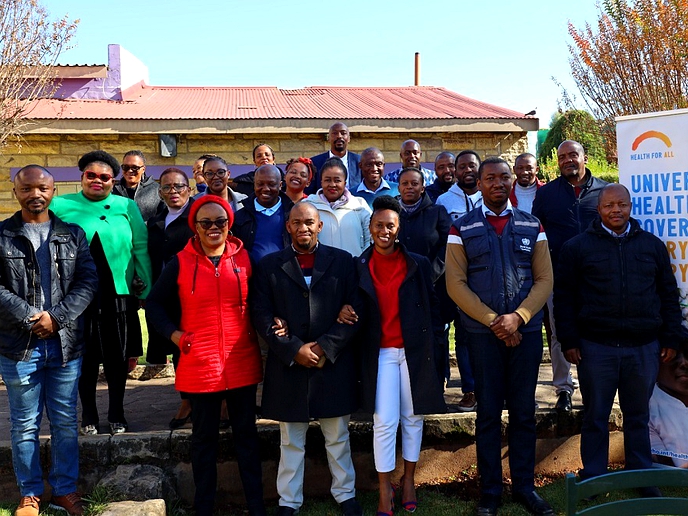THE government has made a strategic choice to reserve specific sectors for indigenous Basotho under the Business Licencing and Registration Act in response to complaints from local business organisations and the general public about the retail sector, which is dominated by foreign investors.
business
June 1, 2023
NEO SENOKO
2 min read
Govt restricts foreign investment in other sectors of economy

Minister of Trade, Industry, Business Development, and Tourism, Mokhethi Shelile
Story highlights
There is limited room for local business owners to operate because around 75% of the retail sector is controlled by foreign investors, according to the business organisations that represent locals and the general public. This week, the Minister of Trade, Industry, Business Development, and Tourism, Mokhethi Shelile told Parliament that his ministry is in charge of enforcing the Business Licencing and Regulation Act of 2019 as well as the Business Licencing and Registration Regulations of 2002.
Regulation 34 of the said law, read with Schedule 16 of the regulations, reserves some businesses for indigenous Basotho, and a list of 47 sectors is drawn for this purpose. A strategy is under development to implement the regulations in full.
“The list of reserved businesses is not exhaustive, as it may be reviewed from time to time by the minister depending on the circumstances of each business activity to be added or removed. Governments take elaborate steps to encourage entrepreneurship in business enterprises that are easy to operate and can be operated by indigenous citizens,” Shelile said.
The policy to restrict foreign investment in certain specified sectors is not exclusive to Lesotho; various countries, such as Botswana, have this policy, but what varies is the business activity reserved.
Governments would reserve such activities to ensure that locals are not phased out by strong foreign competitors, sometimes denying them their source of livelihood.
In Lesotho with this policy, the government aims to encourage Basotho to engage in business, and the reservation policy is used to entice them with local market opportunities and protection from competition with large foreign enterprises.
Enjoy our daily newsletter from today
Access exclusive newsletters, along with previews of new media releases.
“The ministry is already implementing the stated law and the requisite regulations, and we are cautious that this good policy should not be a recipe for creating a vacuum in the economy and also cognizant of our international relations as a country,” the minister said.
With this implementation, new applications for business licences in the reserved sectors are no longer allowed for foreign investors unless they are in partnership with enterprises wholly owned by indigenous Basotho.
The ministry has given itself a 12-month transition period to fully implement this law starting August 1, 2022, and this time is being used by the ministry to develop a strategy on how to implement it and include consultations with business associations and other stakeholders affected by the regulations.
An exit strategy is being developed for those who are in the hands of non-indigenous Basotho.
Tailored for you






